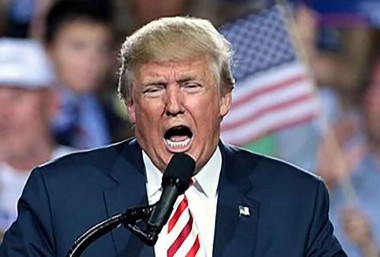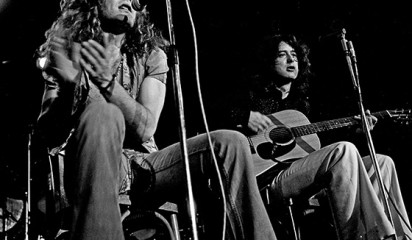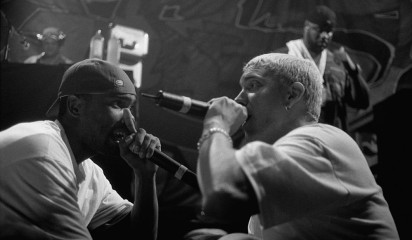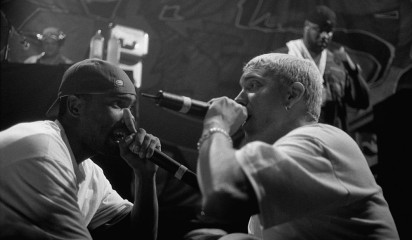Following the campaigns of American politicians is always an entertaining and informative pastime. But it is not every day that the sitting president has a copyright lawsuit filed against his campaign. Indeed, until this year, artists had little to no legal recourse against politicians using their music in campaigns.
Yet, in early August 2020, Neil Young filed a copyright infringement lawsuit against President Trump’s campaign. Young is claiming that the Trump campaign used his songs ‘Rockin’ in the Free World’ and ‘Devil’s Sidewalk’ at campaign rallies without permission or licence. On its face, it seems a clear case for copyright infringement—an artist’s song was used in a public setting without permission from the artist.
As with everything in life, it’s not that simple. There is a reason Young’s suit has made international news: no one is sure that it will work.
Political campaigns’ right to use music
In the United States, political campaigns have the right to use music at rallies. Much like radio stations, political campaigns can get public performance rights to millions of songs through licensing deals with organisations like the American Society of Composers, Authors and Publishers (ASCAP) and Broadcast Music, Inc (BMI). These blanket licensing deals mean they do not need a separate licence for every song. They make life easier for both artist and licensor.
This begs the question—if the Trump campaign had a blanket licence, how can Neil Young claim his music was used without one?
For years, artists have complained that politicians’ use of their music implies the artists’ endorsement of the politician. In 2015, Young criticised the Trump campaign for using his music, and has continued to do so since. But it was not until mid-2020 that artists found a new way to fight. According to the New York Times, in June the Rolling Stones threatened to sue the Trump campaign if it used their music again, after they had both ASCAP and BMI remove their music from the list of songs covered by the blanket licence. Young has similarly had ‘Rockin’ in the Free World’ and ‘Devil’s Sidewalk’ withdrawn from the ASCAP and BMI lists.
Whether this will work remains to be seen. A series of consent decrees between the United States Federal Government and organisations like ASCAP and BMI may mean that songs cannot be withdrawn from the blanket licence. But if it works, artists might have found a way to protect their music from being used in support of political agendas.
Many artists are getting frustrated and threatening legal action
Copyright developed as a way to protect an artists’ rights in works they create. It was a tool to allow an artist/creator/author to retain some control and ownership over their work. In recent years, however, some of the world’s biggest names in music have expressed dissatisfaction that they have lost this control. In an open letter, a collection of artists, including the Rolling Stones, Aerosmith, Pearl Jam, Elton John, and many others, wrote to the Republican and Democratic National, Congressional, and Senatorial committees. In the letter, the artists pleaded both on intellectual property grounds, and on human rights:
“…Depending on the technology used to copy and broadcast these works, multiple exclusive copyrights, including both performance and reproduction, could be infringed. In addition, these uses impact creators’ rights of publicity and branding, potentially creating exposure for trademark infringement, dilution, or tarnishment under the Lanham Act and giving rise to claims for false endorsement, conversion, and other common law and statutory torts…”
“…Like all other citizens, artists have the fundamental right to control their work and make free choices regarding their political expression and participation. Using their work for political purposes without their consent fundamentally breaches those rights – an invasion of the most hallowed, even sacred personal interests…”
It could be a dangerous line for the artists to tread. The right to freedom of political expression is a core tenant of the United States Constitution and one that the Supreme Court has given weight to in recent years. Decisions such as Matal v Tam and Iancu v Brunetti have seen the Supreme Court conclude that a right to freedom of expression (which includes freedom of political expression) is strong enough that the United States intellectual property legislation (the Lanham Act) should be amended. Will the court in Young’s case take a similar approach? After all, political candidates also have a right to freedom of expression… the question may be whether that right is greater than an artists’ rights in both the copyright of their work, and right to “make free choices regarding their political expression and participation”.
What would happen in New Zealand?
Could an artist stop a political campaign from using their music here? Eminem successfully sued the National Party in 2016 for copyright infringement. But in that case, the National Party had taken Eminem’s ‘Lose Yourself’ song and changed the music slightly. That is a step further than simply playing a recording of the artist performing their own song.
In New Zealand, it is unlikely musicians could stop their music from being using in a political campaign providing the campaign has a license. In our small nation, public backlash can be more effective than court cases.
















